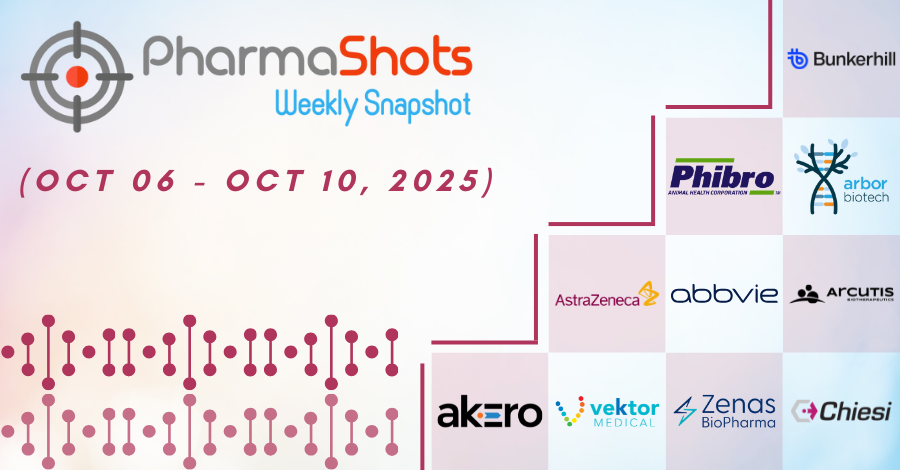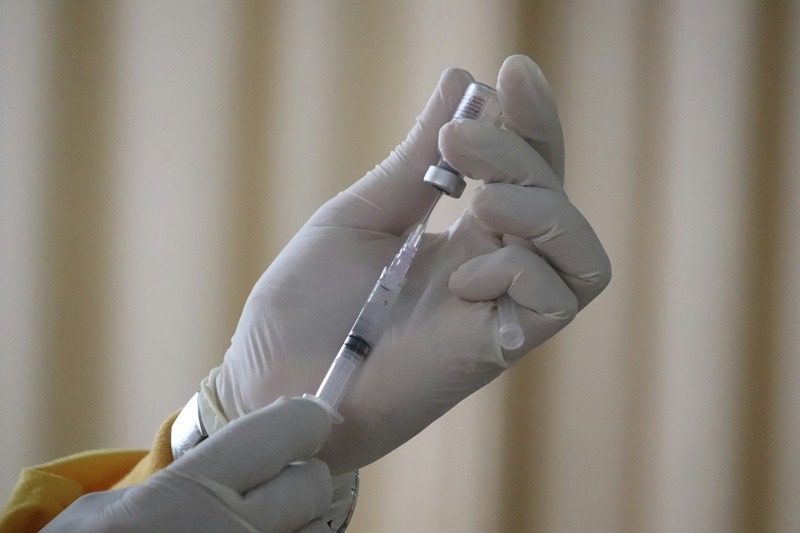
Veteran biotech figure Robert Langer has come up with a new venture, partnering with his daughter Susan on the launch of new gene-silencing player Soufflé Therapeutics.
Watertown, Massachusetts-based Soufflé has emerged onto the scene with an impressive $200 million Series A and a mission to develop small interfering RNA (siRNA) medicines, according to a LinkedIn post from the new company’s official account.
Langer has joined forces with MIT scientists Daniel Anderson and Brad Pentelute and former Alnylam scientist and genetic medicine scientist Victor Kotelianski to found Soufflé, which will focus on cell-specific ligands to deliver siRNA-based medicines “that are rationally designed and transferred across the cell membrane to their target.”
The post says that Soufflé has already secured more than $3.5 billion in fundraising and partnerships, with alliances already in place with several pharma groups including AbbVie, Amgen, Bayer and Novo Nordisk.
Its initial focus will be on using the technologies to target skeletal muscle cells and cardiomyocytes, and include programmes due to start clinical testing next year for facioscapulohumeral muscular dystrophy (FSHD) and genetically-driven cardiomyopathies targeting a mutation of the phospholamban (PLN) gene. It is also working on heart failure and metabolic disorders.
Soufflé is led by Polaris Partners’ Amir Nashat, with Susan Langer serving as chief business officer.
“What Soufflé is doing is special,” said Robert Langer, who recently launched a biotech investment group, T.Rx Capital, with his son Michael. “You don’t see this kind of progress very often. How to deliver genetic medicines to cells outside the liver and ensure they are internalised has been a long-standing challenge in drug development. At Soufflé, we can now achieve this.”
Other financings
The last few days have been a fertile period for private financing of biotechs, with five other deals above or around the $100 million mark.
Expedition Therapeutics of San Francisco, California, raised $165 million in its first-round financing that has been earmarked for the clinical development of EXPD-101, described as a phase 2–ready, once-daily, oral DPP1 inhibitor – licensed from China’s Fosun Pharma in a $645 million deal in August – which is being developed as a potential first-in-class therapy for chronic obstructive pulmonary disease (COPD).
The round was co-led by Sofinnova Investments and Novo Holdings, with participation from Forbion, KKR’s Dawn Biopharma, Adage, Balyasny, Logos Capital, Sanofi Ventures, and existing investors BVF Partners and Venrock Healthcare Capital Partners.
Another biotech developing next-generation URAT1 inhibitors for gout and related diseases, San Diego’s Arthrosi Therapeutics, has added to its coffers with a $153 million Series E that takes the total it has raised since it was founded in 2018.
The financing – led by Prime Eight Capital and backed up by CR Biotech, HighLight Capital, HM Venture Partners, ReliantTech, and existing shareholders – will help to fund ongoing phase 3 trials of lead drug pozdeutinurad for the treatment of gout and tophaceous gout, a particularly severe form of the excruciatingly painful disease. Results from the REDUCE 1 and REDUCE 2 trials are due in the second quarter of 2026.
New York startup Nilo Therapeutics – founded by a trio of immunology experts – made its debut this week with a $101 million Series A led by The Column Group, DCVC Bio, and Lux Capital, with participation from the Gates Foundation and Alexandria Venture Investments.
The company is the brainchild of Columbia University’s Charles Zuker, Yale School of Medicine’s Ruslan Medzhitov, and Harvard Medical School’s Steve Liberles, and has been set up to develop drugs that interact with vagal neurons in order to modify immune activation and inflammation. Their work derives from a body–brain circuit that regulates the immune system and was described in a Nature paper published last year.
Turning to Europe for a moment, Milan, Italy-based startup NanoPhoria Bioscience made its debut with a €83.5 million ($97 million) Series A, which is reported to be the largest ever first-round investment for an Italian biotech. It was led by XGEN Venture, Sofinnova Partners, and CDP Venture Capital, with Panakès Partners also investing, and another undisclosed backer joining the round.
The cash injection will finance NanoPhoria’s peptide-based NP-MP1 for heart failure with reduced ejection fraction (HFrEF) through completion of early clinical development, the setup of initial manufacturing, and regulatory activities. NP-MP1 targets cardiac L-type calcium channels and is designed to improve ejection fraction and heart muscle contractility in HFrEF patients. It is still being prepared for human testing.
Finally this week, TORL BioTherapeutics completed a $96 million Series C that will be deployed in the development of its lead candidate TORL-1-23, a claudin 6-targeted antibody-drug conjugate (ADC) that is currently in a phase 2 trial in platinum-resistant ovarian cancer, with a phase 3 programme scheduled to start in 2026.
The Los Angeles biotech, which did not disclose the investors behind the round, said it has taken the total raised to date above $450 million.







